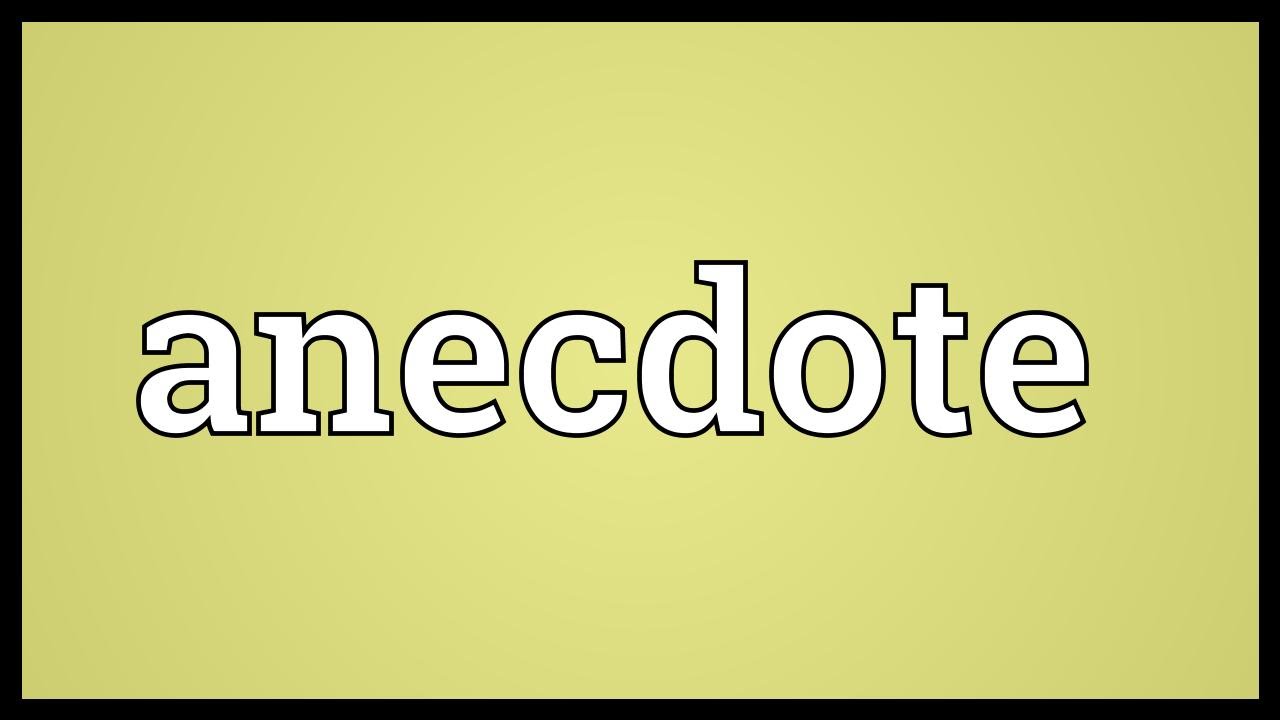Spin-Check: Anecdotal Evidence
Anecdotal Evidence: “The Mitigation Worked to Save Lives”
During the Coronavirus Crisis of 2020, there has been a lot of bantering about concerning various treatments and protocols; never mind the full reversals, like don’t wear a mask and do wear a mask. The argument from anecdote is thrown around like baking soda on a grease fire. Arguments like these are often really about spin; when the anecdotes (stories) serve you, you use them. When they hurt you, you diss them.
HYDROXYCHLORAQUINE
President Trump specifically stated that he hoped hydroxychloroquine
would be a game changer. Critics attacked Trump as relying on anecdotal evidence
for his ‘highly ‘touted’ cure. They further went on to attack hydroxychloroquine
as dangerous, based on nothing less than their own anecdotal evidence of what
they’ve heard from some doctors. In an article about the lack of hard evidence,
the authors do accurately quote Trump:
“I may take it,” Trump said on Saturday, referring to hydroxychloroquine,
though he has twice tested negative for coronavirus, according to the White
House. “We’re just hearing really positive stories, and we’re continuing to
collect the data.” https://www.theatlantic.com/politics/archive/2020/04/trumps-lies-about-coronavirus/608647/
While this is called a ‘lie’, it really is simply a common way humans discuss
and discover the truth of things. Some studies have indicated that hydroxy doesn’t
work against the virus, but those are focused on hospital admissions. We would
need studies that show an early prescription at the onset of symptoms (with
zinc and azithromycin) doesn’t work.
While this is called a ‘lie’, it really is simply a common way humans discuss and discover the truth of things.
ANECDOTAL EVIDENCE
Anecdote: A limited selection of examples which support or refute an
argument, but which are not supported by scientific or statistical analysis.https://www.definitions.net/definition/anecdotal+evidence
Trump’s comment has both anecdote and data in it. He is
saying we are hearing positive stories, but that we need to keep collecting
data. There is nothing wrong with anecdotes, but they neither prove nor
disprove anything. There is no lie in anecdotal proof, since it could turn out
to be true.
In a hard-scientific world, we really think of anecdotes as hints or hypotheses,
and you’ll see it again if the virus gets to a truly manageable level.
MITIGATION AS ANECDOTAL
Dr. Fauci, and others, state that mitigation is working and will “do the trick for us.” https://www.youtube.com/watch?v=ioYZ9FgkftE
However, that too is speculative. It makes sense, as does anecdotal evidence. However, we can’t know without a real comparative study. We would have to have the ‘curve’ studied with partial mitigation and no mitigation. Sweden is the curious example that seems to have a similar curve to the rest of the countries, but without the level of lockdown commonly employed. This kind of spin shadows a logical fallacy called post hoc ergo propter hoc (after this, therefore resulting from it: used to indicate that a causal relationship has erroneously been assumed from a merely sequential one). We mitigated, so lives were saved. Well, yes, maybe, but were they saved short-term or long-term? The simple fact is that we do not know. We do not currently have the scientific data to prove it. So, when unvalidated anecdotal evidence doesn’t serve, it’s bad. When other unvalidated evidence serves, it’s good. When trends on a chart serve, they are good. When trends don’t serve, they are bad.
Karl Popper gave us a better standard with his principle of falsifiability (if you can’t prove it’s wrong, you can’t prove it’s right) https://youtu.be/wf-sGqBsWv4
In the world of news and crisis, however, all you need to know is that everyone is talking about hope and predictions…which get’s tangled in the web of spin.When they say that anecdotal evidence suggest something, you can simply say, “Maybe.” When the ‘experts’ come out and insist that the mitigation worked, you can also simply say, “Maybe.” Definitive proof is another question entirely.Hope and hypotheses are not lies, but they also aren’t conclusive. Don’t get tricked, always spin-check.


Recent Comments